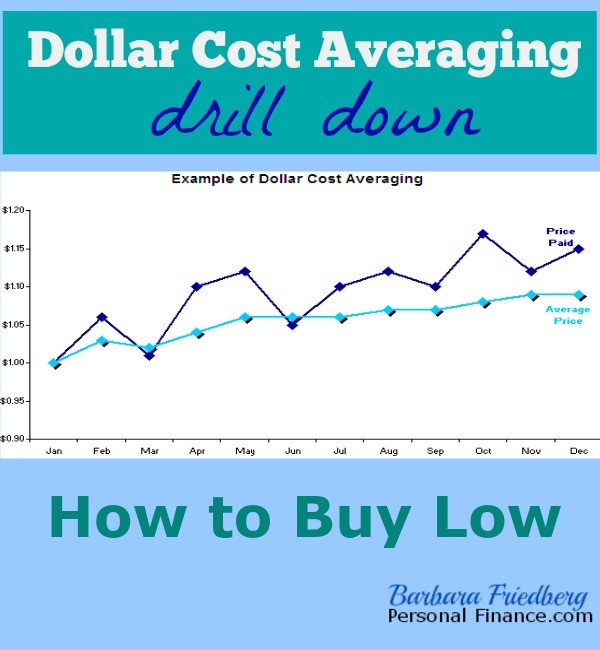How to Get Started Investing in Index Funds The Simple Dollar
Post on: 31 Июль, 2015 No Comment

For some of you, this topic will seem almost shockingly trivial, but I have received this question three times now and that, to me, means that a lot of readers are curious about the topic. From the most recent email:
Could you please explain how to begin investing in index funds? Ive read some of your articles about the benefit of index funds and Im interested in investing, but I really dont understand how to get started.
Its actually not hard at all to get started investing in index funds. First, Ill discuss how I do it, then Ill discuss the most common alternative.
As Ive discussed before. I invest exclusively in Vanguards index funds. Ive read multiple books by John Bogle (or where Bogle was a contributor) and Ive found that his philosophy and Vanguards philosophy match quite well what I believe. If you want to get a good grasp of Bogles philosophy, try reading either of his books Ive reviewed The Little Book of Common Sense Investing here before, but it boils down to seeking ways to invest in a huge variety of stocks as cheaply as you can, and the way to do that is by index funds which are made up of all stocks in a specific class.
So, how did I get started? Basically, I just went to Vanguard and opened an account. They ask for information on your checking account when you create the new Vanguard account. From there, you can manage everything electronically.
For almost every Vanguard fund, the initial cost of getting into that fund directly is $3,000, so I found myself saving my nickels and dimes until I could afford that initial buy-in. The tools that Vanguard provides allow you to make automatic investments in about any way you could imagine rolling your dividends back into the fund, automatically investing each week or month from your checking account, and so on.
Obviously, you can buy into as many funds as you wish from this one account, each with their own automatic investment plans set up however you like.
Why go this route? The fees for investing directly are quite low 0.1 to 0.2% of the investment in the fund, which is no problem compared to the returns you can get. Fees on ETFs of Vanguard funds (see below about this) are only slightly lower than that, but that doesnt include the fees of buying the ETFs or the fees every time you buy more ETFs this is always a losing proposition if youre going to invest regularly and your brokerage charges any fees at all. If you want to set up a regular investment plan, doing it directly through your brokerage is the way to go.
Another Route
Another route that many people take is to use a brokerage, like E*Trade or Schwab or Ameritrade or Scottrade or Zecco. The process for investing this way is very similar you can sign up online . provide checking account information, and start buying.
With almost all brokerages, however, each time you buy or sell youre charged some sort of transaction fee. Currently, the only established brokerage that does not charge fees is Zecco, but there are rumblings that they may introduce fees soon. This means that not only do you have to pay the brokerages fees, you also have to pay the fees for the company that sets up the mutual fund. So, lets say you buy a Vanguard fund through Ameritrade you pay Ameritrades transaction fees every time you buy or sell, plus Vanguards management fees.
In this situation, one approach is to buy an ETF (exchange-traded fund). ETFs are like stocks that represent a specific set of additional stocks, much like a mutual fund. You can buy and sell them just like any other stock, but their value is pegged to the value of the included stocks. The fees charged for these are usually lower than the same exact index fund would be for example, the Vanguard 500 (VFINX) index fund has a 0.18% expense ratio (thats how much Vanguard charges to manage it), while the SPDR 500 (SPY), which tracks the same exact stocks as an ETF, has only a 0.11% ratio.
If you have a fee-free broker (like Zecco is at the moment), its more cost-effective to buy the ETFs, but if your brokerage charges any fees at all and you plan on buying more of these regularly, it doesnt take much at all for those transaction fees to eat any extra gains you might make and more. Heres the numbers on this very example .
Which Is Right For Me?
If your broker has free trades or youre planning on buying in only once or extremely rarely, then selling all at once. go through a brokerage and buy ETFs of the indexes that you want. There are a lot of good, reputable brokerages out there who can provide this service for you.
On the other hand, if youre planning on investing regularly by putting in a small amount each week or month. go directly through the people that run the index fund in this case, Vanguard. They charge no transaction fees at all on most funds, allowing you to buy in as much as you like as often as you like without worrying about the costs of it.
Generally, I feel more comfortable going directly through Vanguard when buying their index funds for my situations, but that may not be the same for you.














